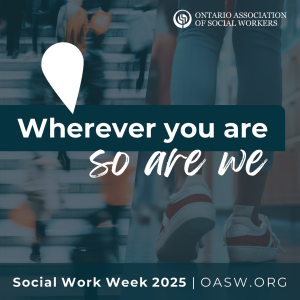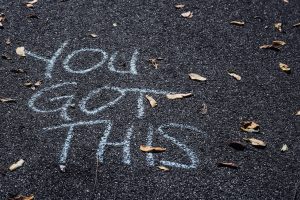Thanatophobia. A fear of death. Thanatos was the demonic representation of death in Ancient Greek mythos. My fear, however, is not of demons, but of finality. I thought that my fear of death, of the end (cue Jim Morrison), would be a good topic for today’s blog since it seems like people around me are dropping like flies! My father-in-law’s sister died today, my maternal grandmother is on her deathbed and my friend’s friend committed suicide a few weeks ago.
If I were to go back in time to the Middles Ages or to some period in history where life expectancy meant barely coming out of puberty, I probably wouldn’t have a crippling death anxiety… because… you know… people dying would be a common occurrence in my life and I would get used to the idea. I’m not comfortable or familiar with death. There are nights where I stare blankly into the darkness of my room and worry about the horrors of nothingness, what comes after the last breath.
There was a philosopher, I forget his name, who said that other people remind us of our own mortality. We see the finality of our own lives in the lives of other people, as they age and expire. It is the death and the possible deaths of those around me, after all, that have put me in this morbid mood.
I haven’t been coping that well. I’ve placed myself in a bubble so that I do not have to face my own mortality. I never attended my great-aunt’s funeral years ago, even though we all loved her dearly. I barely visit my maternal grandmother, even though she took care of me every day after school for years. I will never forget looking forward to TV dinners and Murder She Wrote with gran. Gran’s on morphine now and she’s refusing to eat. She needs me now like I needed her those days after school, but I can’t be there for her because of my selfish reasons. I like to think that if I never experience the deaths or impending deaths of other people, then maybe I will escape my own death all together.
I want to live forever.
I have so much more that I want to accomplish.
I need more time.
My therapist told me that she’s had many clients who felt similarly about death. If an individual has been sick for many years, she explained to me, once that individual gets better he or she will naturally have a strong desire to catch up with lost time. That person might feel as though they have wasted their lives while they were sick. They will think, “If I die tomorrow, I’ll never get the chance to prove to other people (and to myself) that I’m more than just a sickness or a diagnosis.” I think that my therapist is right, but the thanatophobia has deeper roots than my recent sickness.
A seed of death anxiety was planted in my psyche during childhood. I was raised Catholic and so I was educated, from the moment I could read and write, about the differences between good and evil, heaven and hell and God and Satan. The fear of hell precedes my fear of death. The fear of hell paved the way for my anxiety now, but my feelings are more complex now than they were during my childhood. I would say that my thanatophobia is existential in nature, as it is the possibility of “not-being” that scares me, not punishment and hell fire.
I’m of the school of thought that nothing follows death, that death signals the end of consciousness and perceptual experience. It’s funny, most people would think that because I’m religious, I must have some conception of the afterlife. I’m an ultra rational religious individual. If the radical Muslims hadn’t killed them all off, I would have been a Mu’tazilite. Not having beliefs about an afterlife does cause for some anxiety. I try to imagine myself as “not-being” and it terrifies me. How can it be terrifying? I mentioned earlier that I have nights where I think about the horrors of nothingness. Well, if I cease to exist, body and mind, then there’s nothing for me to worry about. Right? Wrong! It’s the thought of no longer existing that scares me! Try imagining for one second that you don’t exist. It’s painfully overwhelming, isn’t it?
I’m near the end of my blog post. There are ends everywhere. We must endure the constant flux of change. The vicissitudes of life, like death, sickness or loss of a job, are part and parcel with what it means to be human. Perhaps the only option is to rejoice in the present moment, since death is inevitable. I can try to avoid death, but what I’m truly doing is avoiding life.





